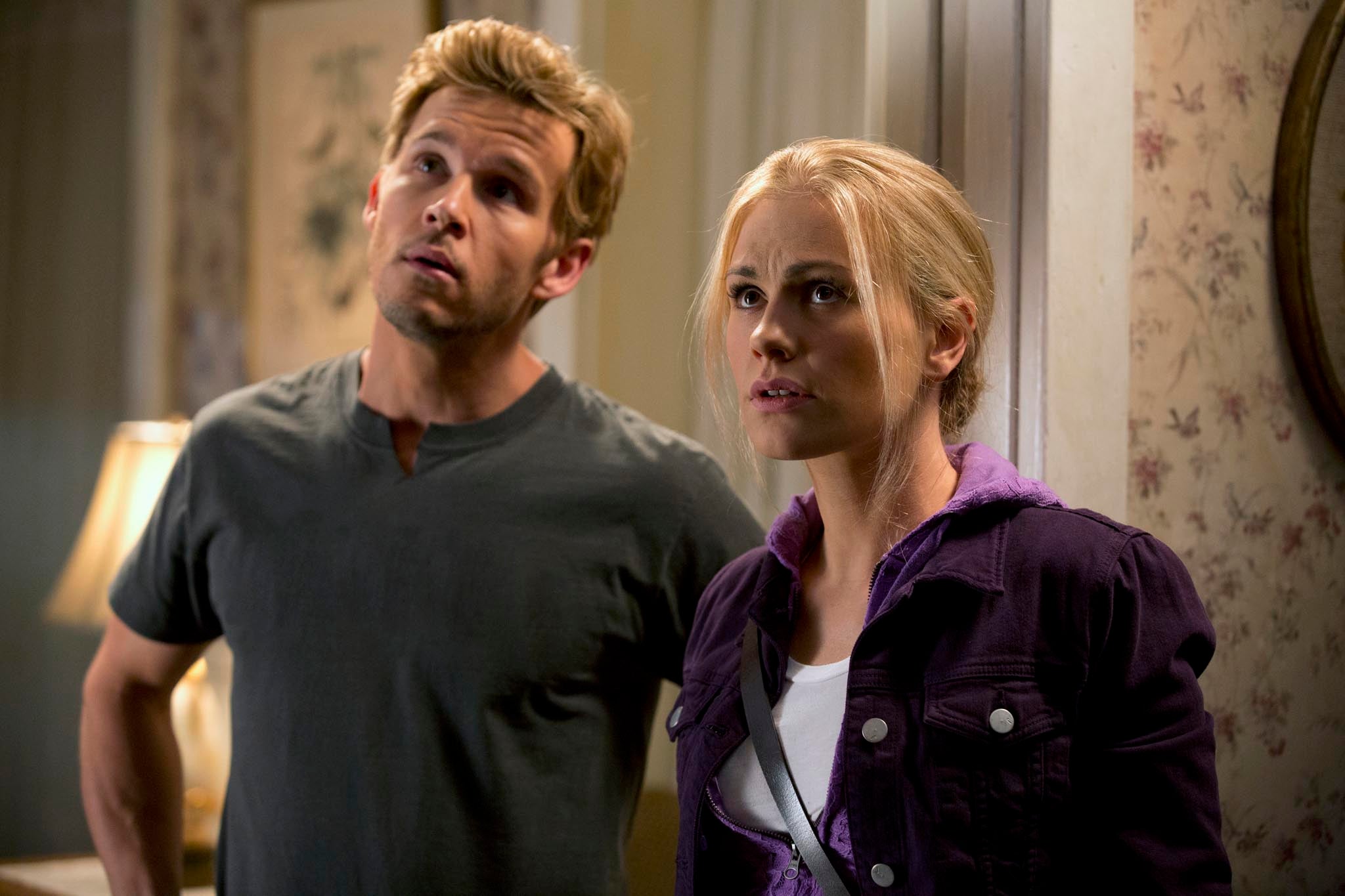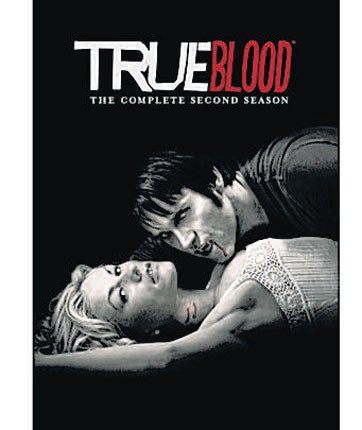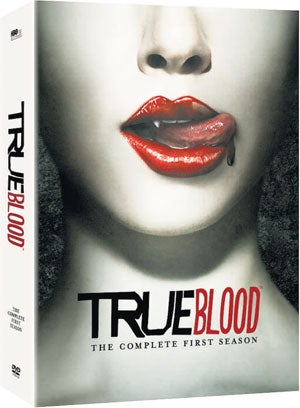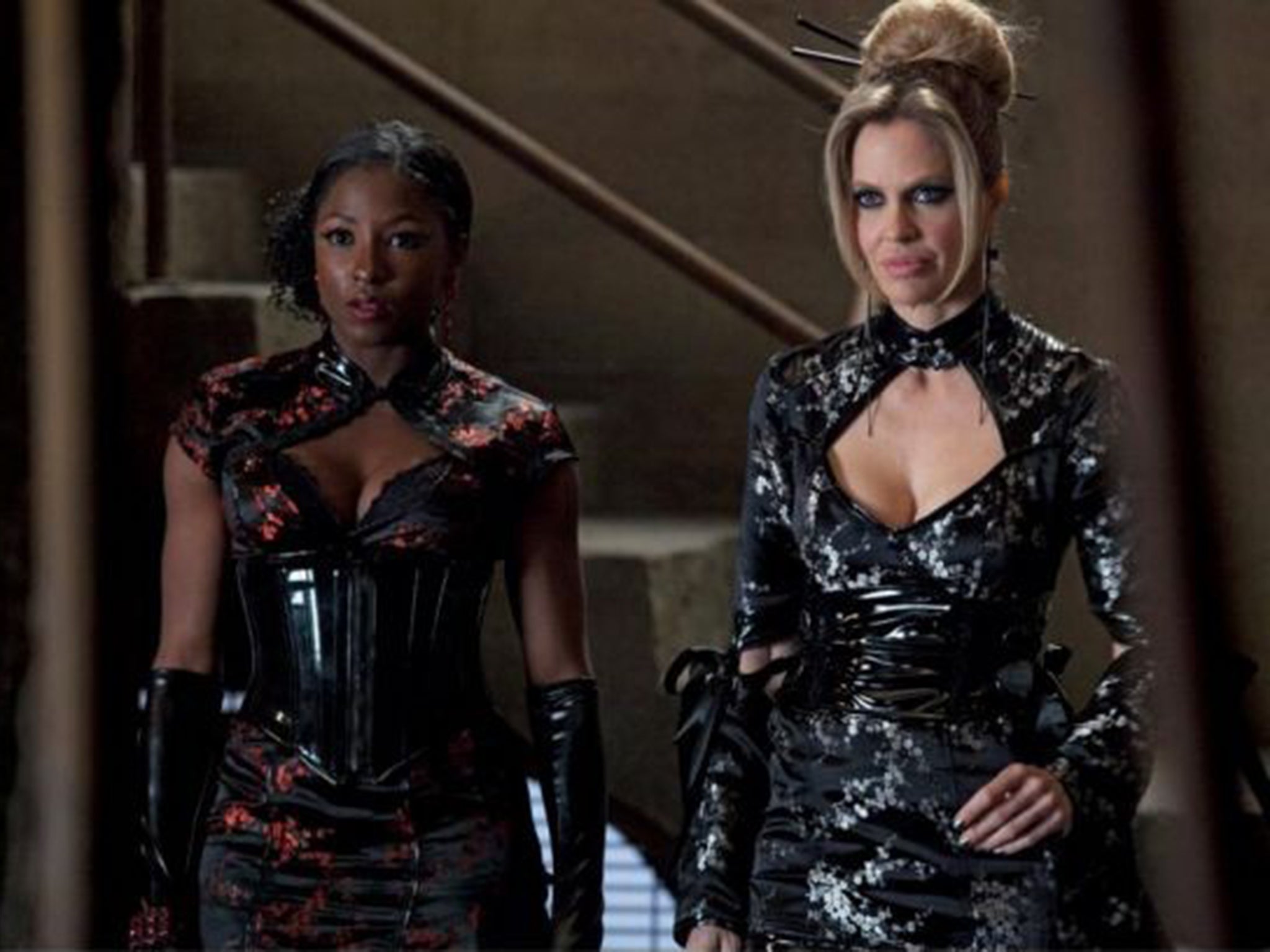TV series True Blood doesn’t reflect the real lives of Louisiana’s vampires
‘Real vampires’ believe they must drink blood to stay well. But they’re not ghouls, just a different kind of ‘normal’, says a man who has studied them for five years.

John Edgar Browning met his first “real vampire” in a Gothic clothes store. A doctoral candidate at Louisiana State University at the time, he had already been on the hunt for several months. He was talking to the owner of Wicked Orleans, in New Orleans’s French Quarter, when a middle-aged woman walked through the door. The store owner stopped mid-sentence. This woman, he motioned, was one of the people Browning was looking for. Nervously, Browning approached her and started talking to her about his ethnographic study of “real vampires”.
To be clear, these aren’t people who possess the supernatural powers that we associate with the likes of Count Dracula, but rather individuals who claim to have a medical condition that requires them to drink blood (human or animal) to sustain themselves. Members of this community have chosen to identify themselves as “vampires” in defiance of the label’s negative images. Did she know anyone who fitted that description? The woman smiled, and Browning had his answer. Her teeth had been filed to a point, like fangs.
“I call it my ‘first time’,” Browning says. He soon found himself in the company of vampires again at a nightclub. Then, several weeks after that, he met an “elder vampire” who invited him to attend meetings of the New Orleans Vampire Association (NOVA).
Browning, who has spent his entire academic life studying the depiction of vampires in film and literature, originally thought that there must be something deranged about real people who identify with such characters. But his scepticism waned after he embarked on a class project that would turn into five years of field study in the French Quarter.

Of America’s estimated 5,000 vampires, Browning says about 50 live in New Orleans – a figure corroborated by the sociologist DJ Williams of Idaho University. These communities have kept largely to themselves, avoiding prying eyes. But, he says: “After a short period, I realised that they weren’t crazy. At least, they weren’t any crazier than your Average Joe.”
According to Browning, symptoms manifest around puberty, when those who later become reliant on blood find themselves physically “drained”. They usually discover accidentally that blood offers a remedy. You might bite a lip, for instance, and realise that swallowing blood gives you a burst of energy. Not every vampire must drink blood to survive (those who do are called “sanguinarians”). Some simply derive strength from the “psychic energy” of others. And the community has adopted terms to describe their unorthodox habits. To “feed” is to drink blood, while those who give blood are called “donors”. Being “awakened” and “coming out of the coffin” are ways to talk about becoming aware of one’s vampiric identity.
Someone might become a donor for a number of reasons – from being a close friend of the vampire, to doing it for money and even sexual favours – and health checks on both sides are customary. And one year into his study, Browning decided to try donating. “Each [vampire] has a particular method,” he says (his own recipient used a disposable scalpel to make a tiny prick on Browning’s back, then squeezed the area until blood came out).
The vampires to whom Browning spoke claim they can’t control their urges, which amount to two or three feedings a week. If ample blood is on offer, they might refrigerate it and later combine it with other ingredients, such as tea. But Kinesia, for example, says she isn’t a vampire by choice: “Many of us would just be happy to live life like a normal person.”

There’s no physical explanation for vampirism – “This could very well be in our heads,” another vampire says – but those who have tried to stop have met scary consequences. When Kinesia went four months without feeding, she found herself in the emergency room with a low heart rate that would shoot up to 160 when she stood up or walked around. This would be followed by a migraine, and sometimes a loss of consciousness. And Browning says he knows of a woman who found herself unable to go to work or even walk after a period of not ingesting blood.
As a gay man, Browning says he’s been able to sympathise with and believe the vampires’ condition is real: “It’s not like people can take my blood and see that I’m gay, but that doesn’t mean it’s not real.” And he insists the ones he met were just fine. They had spouses, friends and jobs; many had children from whom they hid their practice.
DJ Williams has conducted research on how the stigma has affected the quality of vampires’ healthcare, but has found no evidence of psychiatric issues. And Browning believes that making people more informed about real vampires will encourage important conversations about how normality is defined by the mainstream.

“Them doing what they’re doing isn’t a problem”, he says. “It’s our preconceived notion of what normal is that’s the problem.”
A version of this article was first published in ‘The Washington Post’
Join our commenting forum
Join thought-provoking conversations, follow other Independent readers and see their replies
Comments
Bookmark popover
Removed from bookmarks